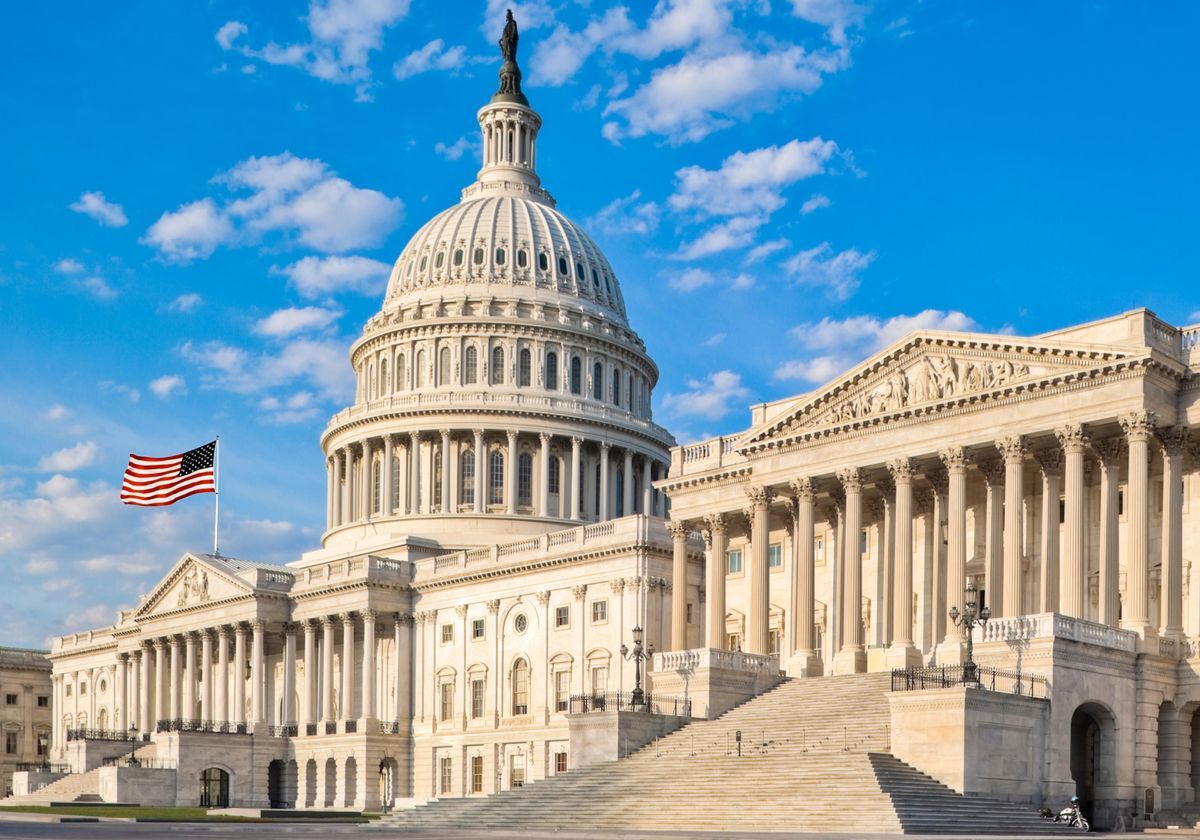Senate Candidate John Deaton Holds Majority of His Wealth in Crypto
25.07.2024 15:30 1 min. read Alexander Stefanov
John Deaton, the founder of CryptoLaw and prominent XRP advocate, is a notable contender in the Massachusetts Senate race, running against Senator Elizabeth Warren.
Deaton, representing the Republican Party, is known for his significant cryptocurrency holdings, including Bitcoin (BTC), Ethereum (ETH), Solana (SOL), and XRP. His recent financial disclosures reveal that approximately 80% of his wealth is invested in Bitcoin and related assets.
Deaton’s extensive crypto portfolio is in line with his strong advocacy for digital currencies, which contrasts sharply with Senator Warren’s stance. Warren has been a vocal critic of the cryptocurrency sector, focusing efforts on regulation and restrictions.
Deaton’s campaign has garnered substantial support from the crypto community, including contributions from Gemini co-founders Cameron and Tyler Winklevoss, who donated $500,000 worth of Bitcoin to his election bid. They view Deaton as a crucial ally in countering Warren’s anti-crypto policies.
Deaton’s campaign is also bolstered by his pro-crypto stance, while Warren’s position has often been antagonistic towards the digital asset industry. This election is seen as pivotal for the future of crypto regulation in the U.S.
-
1
Ripple Faces Legal Setback as Court Rejects Bid to Ease Penalties
26.06.2025 16:54 1 min. read -
2
Coinbase Surges 43% in June, Tops S&P 500 After Regulatory Wins and Partnerships
29.06.2025 21:00 2 min. read -
3
Ripple Has Applied for a National Banking License
03.07.2025 7:00 2 min. read -
4
What Will Happen With the Stock Market if Trump Reshapes the Fed?
29.06.2025 13:00 2 min. read -
5
Barclays Blocks Crypto Credit Card Payments in Latest Blow to Retail Investors
26.06.2025 8:00 2 min. read
Charles Schwab to Launch Bitcoin and Ethereum Trading Soon, CEO Confirms
Charles Schwab is preparing to roll out spot Bitcoin and Ethereum trading, according to CEO Rick Wurster during the firm’s latest earnings call.
BlackRock Moves to Add Staking to iShares Ethereum ETF Following SEC Greenlight
BlackRock is seeking to enhance its iShares Ethereum Trust (ticker: ETHA) by incorporating staking features, according to a new filing with the U.S. Securities and Exchange Commission (SEC) submitted Thursday.
IMF Disputes El Salvador’s Bitcoin Purchases, Cites Asset Consolidation
A new report from the International Monetary Fund (IMF) suggests that El Salvador’s recent Bitcoin accumulation may not stem from ongoing purchases, but rather from a reshuffling of assets across government-controlled wallets.
Sberbank Moves to Dominate Russia’s Crypto Custody Sector
Sberbank, Russia’s largest state-owned bank, is preparing to launch custody services for digital assets, marking a significant expansion into the country’s evolving crypto landscape.
-
1
Ripple Faces Legal Setback as Court Rejects Bid to Ease Penalties
26.06.2025 16:54 1 min. read -
2
Coinbase Surges 43% in June, Tops S&P 500 After Regulatory Wins and Partnerships
29.06.2025 21:00 2 min. read -
3
Ripple Has Applied for a National Banking License
03.07.2025 7:00 2 min. read -
4
What Will Happen With the Stock Market if Trump Reshapes the Fed?
29.06.2025 13:00 2 min. read -
5
Barclays Blocks Crypto Credit Card Payments in Latest Blow to Retail Investors
26.06.2025 8:00 2 min. read


